8 Proven Long-Term Benefits of Addiction Counseling Services
Addiction is a challenging and often lifelong struggle, but it’s one that can be overcome with the right support. Addiction counseling plays a critical role in empowering you to break free from substance abuse by offering more than just temporary relief.
It provides long-term benefits that extend far beyond sobriety. These benefits transform your life by fostering healthy habits, building emotional resilience, and supporting overall well-being.
In this article, the mental health counselors at
Evolve: A Behavioral Health Center explore the proven, long-term benefits of addiction counseling services. Discover the profound impact they can have on your recovery journey and beyond.
What are the Benefits of Therapy for Addiction?
- Building a Personalized Recovery Plan
- Identifying and Overcoming Triggers
- Developing Healthy Coping Mechanisms
- Strengthening Emotional Resilience
- Addressing Co-Occurring Mental Health Conditions
- Improving Relationships and Communication
- Supporting Relapse Prevention
- Enhancing Overall Quality of Life
1. Building a Personalized Recovery Plan
One of the key advantages of addiction counseling is the creation of a personalized recovery plan. Rather than relying on a one-size-fits-all approach, counselors work closely with you to design a tailored plan that addresses your specific needs.
These plans account for the unique challenges you face, including your history of addiction, mental health conditions, and personal triggers. With a clear, individualized roadmap, you’ll feel more confident in your ability to navigate recovery and achieve lasting success.
2. Identifying and Overcoming Triggers
Addiction is often linked to underlying triggers — situations, emotions, or environments that can lead to relapse. Addiction counseling services empower you to identify these triggers and develop strategies to manage or avoid them.
By gaining a deeper understanding of the causes behind your addiction, you’re better equipped to prevent relapse. Therapy enables you to explore emotional patterns, relationships, and life events that contribute to substance abuse, so you can take control of your recovery and prevent future setbacks.
3. Developing Healthy Coping Mechanisms
Substance abuse often develops as a way to cope with stress, anxiety, or overwhelming emotions. One of the lasting benefits of addiction therapy is learning healthier coping mechanisms.
Counselors teach you how to handle negative emotions and life’s challenges without resorting to substances. This includes techniques such as mindfulness, breathing exercises, journaling, and stress management strategies.
By fostering emotional regulation, you can respond to life's difficulties in a constructive manner, which reduces the risk of relapse.
4. Strengthening Emotional Resilience
Long-term recovery requires emotional resilience — an ability to adapt to setbacks and handle adversity without returning to old habits. Counseling focuses on building this resilience by enabling you to regain a sense of emotional stability and strength.
You’ll learn how to face life’s challenges without feeling overwhelmed. Counseling also teaches you to identify negative thinking patterns and replace them with healthier, more balanced perspectives. Over time, this emotional growth equips you to handle future stressors with greater confidence and ease.
5. Addressing Co-Occurring Mental Health Conditions
Addiction and mental health disorders frequently present concurrently. Many individuals struggling with addiction also face issues like depression, anxiety, or trauma.
Addiction counseling offers an integrated approach to treatment by addressing both addiction and any co-occurring mental health conditions simultaneously. By working with a mental health counselor, you’ll receive the support you need to heal from both the physical and emotional aspects of addiction.
Effective mental health therapy services address these dual challenges. In turn, this improves your chances of long-term recovery significantly.
6. Improving Relationships and Communication
Addiction often strains relationships with loved ones, which makes it difficult for individuals to rebuild trust and communication. Counseling plays a vital role in repairing these connections.
Through individual and family counseling, you’ll learn how to communicate more effectively and rebuild trust. Counselors will guide you in expressing your feelings and concerns openly.
They’ll also help your family members to better understand the addiction process. This improved communication strengthens your relationships, and makes the recovery process smoother and more sustainable.
7. Supporting Relapse Prevention
Relapse is a common fear for many individuals in recovery. Addiction counseling services focus on relapse prevention by providing you with the tools and strategies you need to maintain sobriety long term.
Counselors work with you to recognize warning signs of relapse, such as emotional distress or negative thought patterns. Through ongoing support, you’ll be able to make adjustments to your recovery plan and stay on track.
This provides practical skills for managing cravings and triggers to ensure that you remain committed to your sobriety.
8. Enhancing Overall Quality of Life
Recovery from addiction can have a profound impact on your overall quality of life. By addressing both the physical and emotional aspects of your journey, counseling provides you with control over your health, career, and personal growth.
Clients often report improved physical health, better sleep, and a greater sense of well-being. Additionally, they tend to experience enhanced social connections, greater career satisfaction, and a more positive outlook on life.
Invest in Your Future & Take Back Control of Your Life
Addiction counseling isn’t just about overcoming the addiction itself — it’s about creating lasting change. The long-term benefits of counseling are crucial to maintaining sobriety and leading a fulfilling life.
Investing in therapy is a life-changing decision that can empower you to reclaim your life and well-being. With the support of a dedicated mental health counselor, you can rebuild your life, strengthen your resilience, and achieve long-lasting recovery.
If you or a loved one is ready to begin the journey toward healing, the professionals at Evolve are available to guide and support you every step of the way. To achieve the lasting change you deserve,
contact us today.






